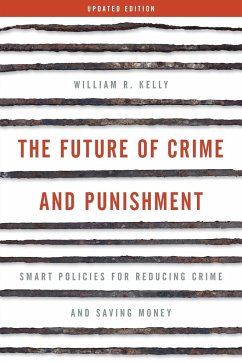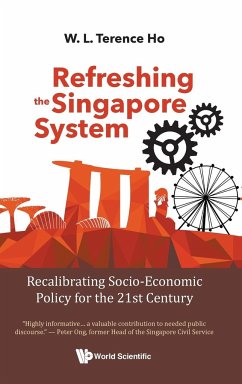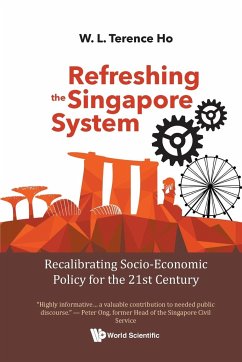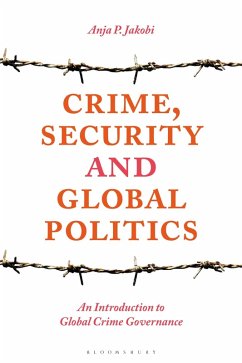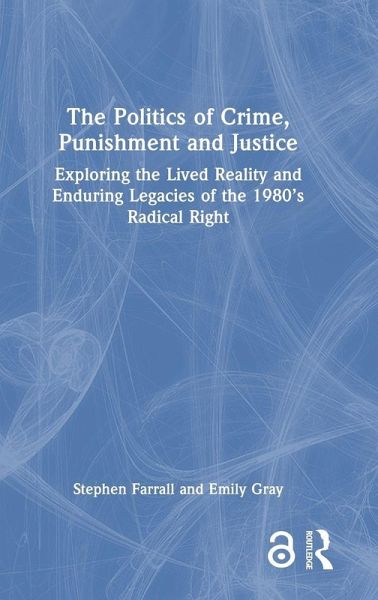
The Politics of Crime, Punishment and Justice
Exploring the Lived Reality and Enduring Legacies of the 1980's Radical Right
Versandkostenfrei!
Versandfertig in 1-2 Wochen
168,99 €
inkl. MwSt.
Weitere Ausgaben:

PAYBACK Punkte
84 °P sammeln!
The Politics of Crime, Punishment and Justice explores the impact of right-wing political ideology on crime, the criminal justice system, and attitudes towards punishment in Britain. It is essential reading for criminologists, political philosophers, and social theorists alike.





